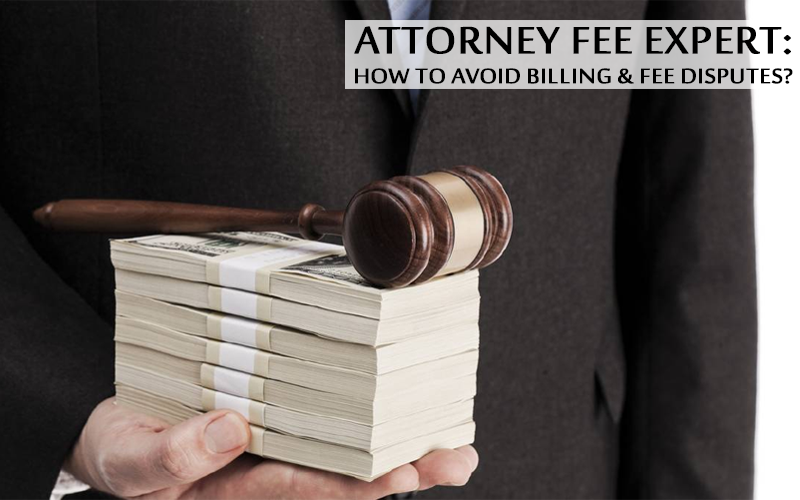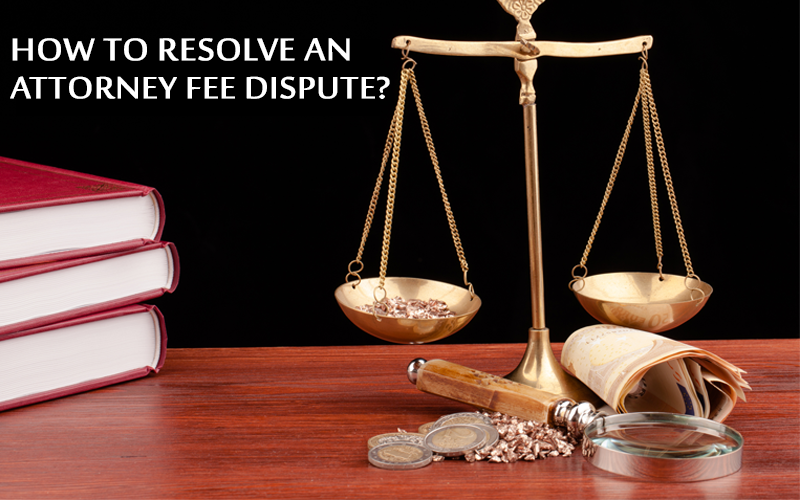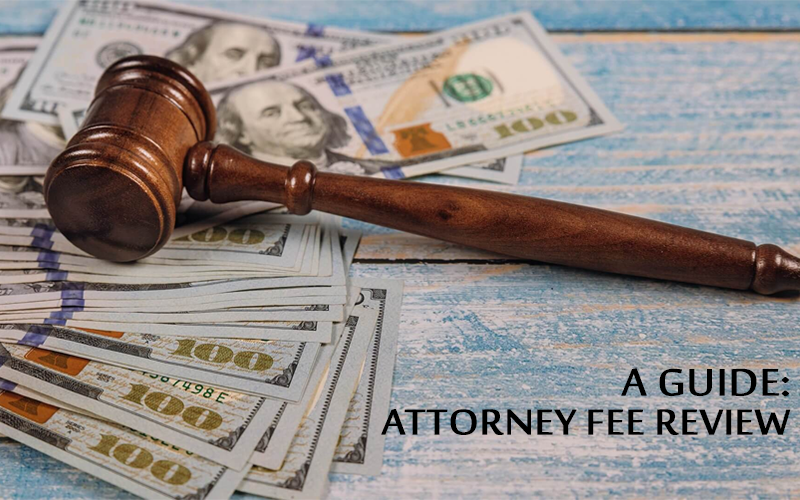The legal industry is a complex world. With high-stakes, sensitive issues, and expensive compensation involved, the possibility of disputes arising is inevitable. Equipped with a specialist skillset and credible experience, each lawyer bills their clients according to the legal counsel required. Nonetheless, discrepancies and disputes between attorneys and clients have reached an all-time high. This is owing to multiple factors, such as attorneys intentionally overbilling their client, attorneys pushing over costs of their high turn-over rate to their billed hours or failing to settle on a fee arrangement from the outset.
Naturally, attorneys expect to be paid for the legal services they provide, as unpaid due bills can cause strain within the firm and irreversible damage to the attorney-client relationship. On the other hand, clients expect their attorneys to calculate their billed hours in an ethical, honest manner. A largely overlooked matter, inflated legal bills and failure to pay bills has become increasingly common within the legal industry.
Prevent Attorney Fee Disputes With An Attorney Fee Expert
A violation of the fiduciary responsibility present between the client and the attorney, failure to pay attorney fee for any delivered legal counsel or purposefully misquoting charges can all become a reason for an attorney fee dispute. To avoid such a scenario, it is important to maintain transparency in the billing process, as this eliminates the possibility of unnecessary disputes. By consulting with an attorney fee expert or by simply following a streamlined process, both attorneys and clients can make sure they pay and receive the compensation they are liable for.
Avoid Any Surprises To Avoid Disputes
A client’s biggest concern is the compensation they’ll be liable for post acquiring an attorney’s legal counsel. They’re worried about getting a massive invoice at the end of their services. Hence, to avoid any unpleasant surprises for the client, the attorney should see to it that they make their billing system, rate and other expenses explicitly clear to the client. It’s always better for the attorney to comprehensively document their payment details, timekeeping, transactions and other fees to give the client a sense of certainty.
Define Time Accurately & Discuss Payments
One of the biggest mistakes that attorneys make is that they fail to document the number of hours spent working on a case. Given that attorneys simply write short descriptions of what they have worked on, they, unfortunately, aren’t able to provide their client with any transparency. With clear details not being provided to the client, the client can begin to have doubts about their billed hours. By grouping tasks together or by block billing, attorneys can end up giving the impression that they are hiding inefficient practices, or are overcharging their client.
Therefore, the easiest method to define and manage time is to keep a detailed record of what was done and at what time. On the whole, an attorney should use any sort of tool that ensures that neither they over-bill their client nor under-bill them. Also, given that clients wish to see how exactly their money was spent, attorneys should make it a point to discuss whether any money will be used from their retainer payment to pay off any third-part expenses.




